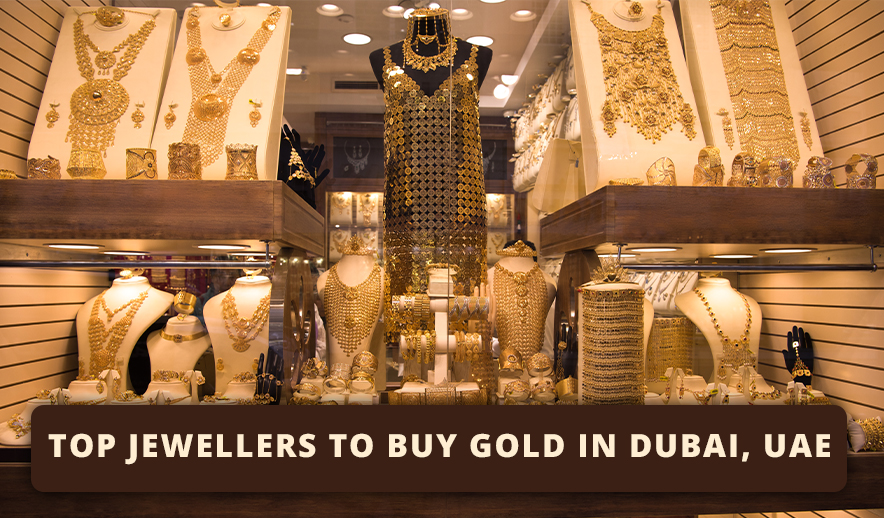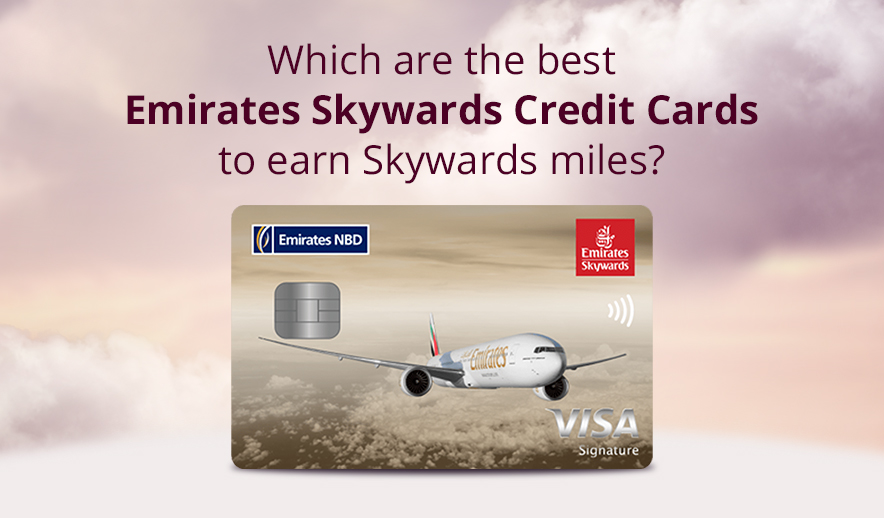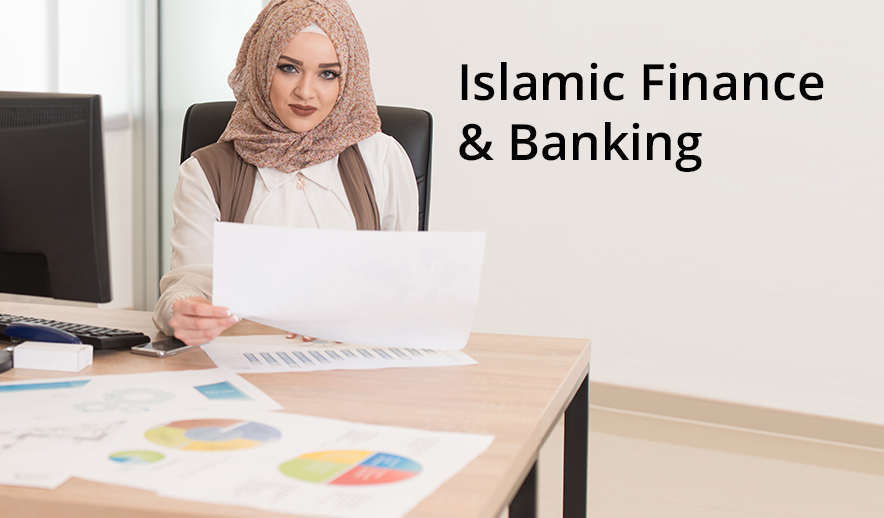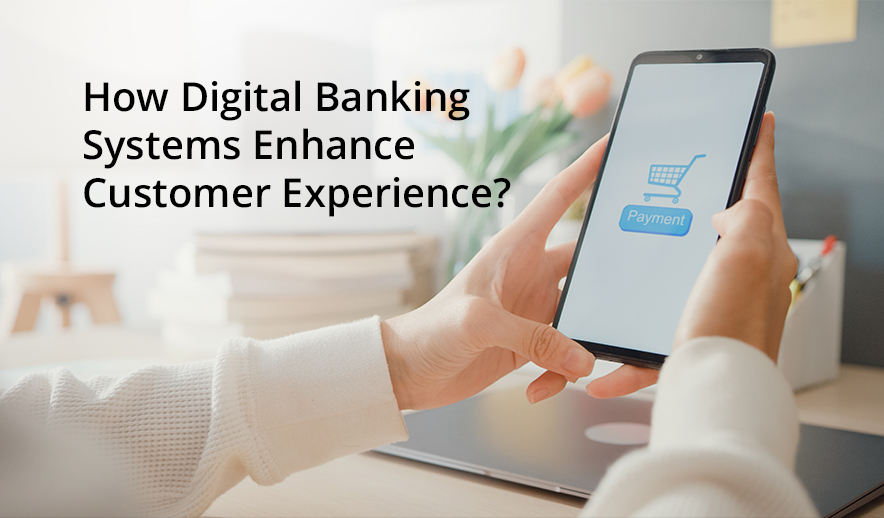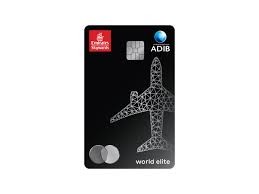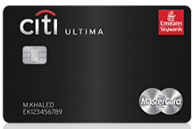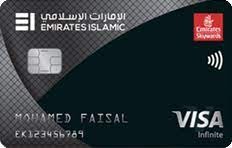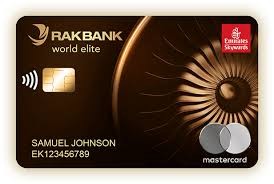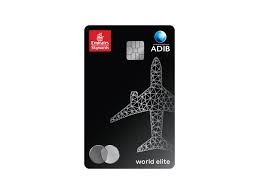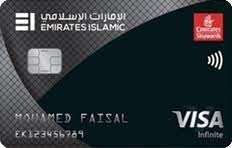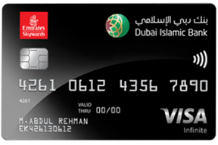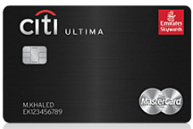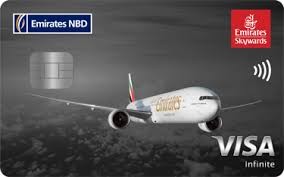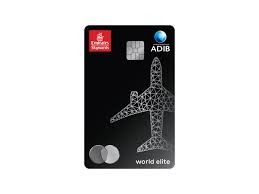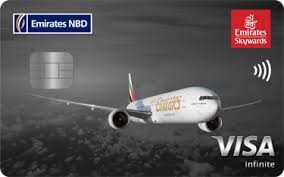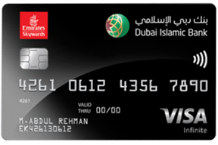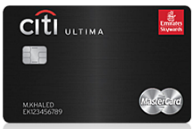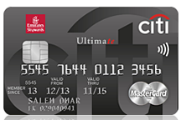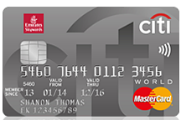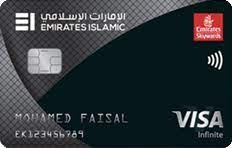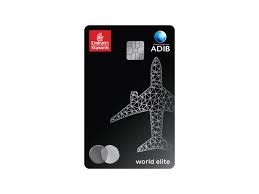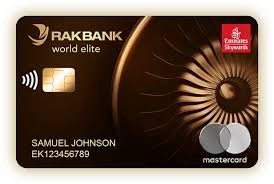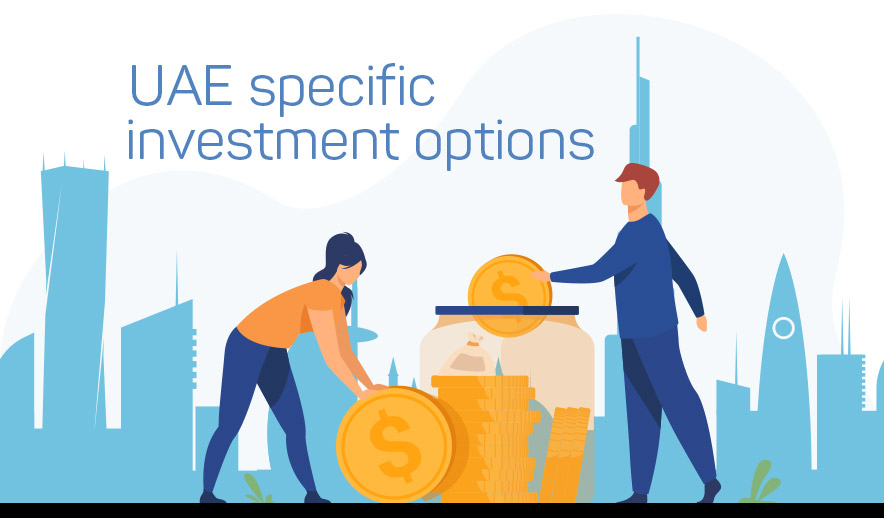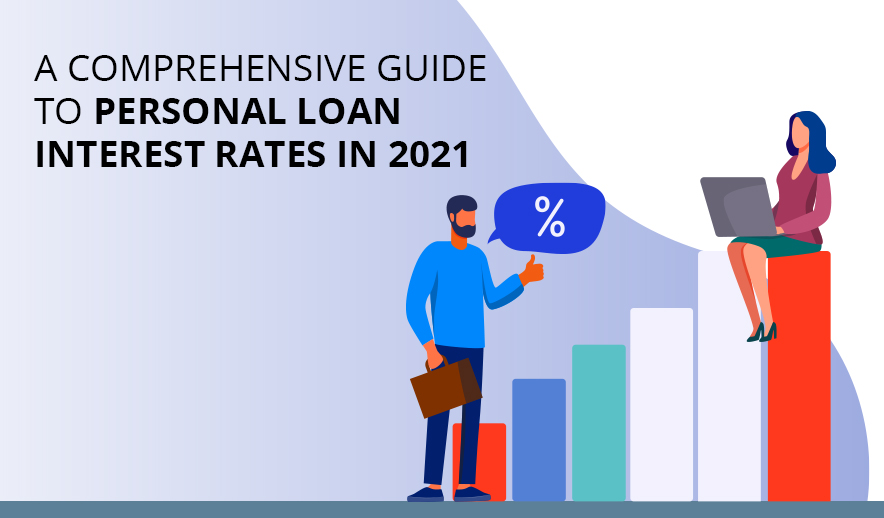Checking your credit score is an important step in managing your financial health, as regularly checking your score can help you make informed financial decisions and improve your creditworthiness. A credit score is a reflection of an individual’s financial life, and it gives banks, lenders and other financial services insight into how responsible you are when it comes to paying off their credit cards, loans and even other bills in a timely manner. This helps the banks, lenders, and other financial services assess the borrower’s eligibility when they apply for a mortgage, credit card or loan.
A credit score can be considered the most important number when it comes to financial matters.
What is a Credit Score?
A credit score is a three-digit number that is independently compiled and can decide about the creditworthiness of the customer and how likely they are able to repay the mortgage, credit card bills or loans on time. In simple words, a credit score represents a person’s debt paying capability. The credit score gives information about the customer’s debt payment behaviour, history of repayments, associated risks, and if there were any defaults in payments.
The credit score number ranges from 300 to 900. A lower credit score indicates that there is a higher risk associated with the customer paying back the loan, mortgage, or bills. A lower score could affect the customer’s loan or mortgage application, which may even lead to the application being rejected or a reduction of the loan amount and a higher rate of interest. A higher credit score is preferred as a higher score indicates a lower credit risk with the customer. Customers with a higher credit score could be eligible for faster loan approvals and a lower rate of interest.
A rating above 680 is considered a good credit score in the United Arab Emirates, whereas a score of 300 to 619 is considered to be a poor credit score. A credit score from 620 to 680 is generally interpreted as a fair score. A score above 730 is classified as an excellent credit score.
Why is Credit Score Important in the UAE?
When an individual or a company applies for a loan or credit card, lenders like banks and financial institutions would like to have the information to determine how likely their customers can repay their debts and whether the customer would be a high-risk or high-risk low-risk customer. Hence, credit score plays an important role in whether the customer is able to secure a loan or mortgage and what terms and conditions, limits, or rewards may be offered to them on their credit cards. Customers with higher scores are often able to obtain preferential interest rates from banks and financial institutions.
Why is it Important for an Individual to Track the Credit Score in the UAE?
It is important for banks and financial institutions to track credit scores to know if and how much risk their customers carry. It is also important for individuals to know their scores so that they may start spotting and rectifying their credit reporting errors and improving their own credit usage habits. Even though the bank or financial institution uses the credit score and report to guide their lending decisions, it ultimately depends on the individual and their own criteria and usage of their credit behaviour for the loan to get accepted or rejected.
What is AECB?
AECB stands for Al Etihad Credit Bureau, which is a committed financial institution that collects credit data from companies, banks, financial institutions, and individuals. It Is a Public Joint Stock Company that is owned and operated by the Federal Government of the United Arab Emirates. This institute is responsible for collecting financial and credit information from all organisations in the UAE and using it to prepare AECB reports and AECB credit scores. Companies and individuals can both obtain their credit scores from the AECB after paying a small fee.
How Does the AECB Collect Information?
A credit report can only be made if an individual or an institution has taken credit in their name through a loan, credit card, mortgage, or bills. The organisation AECB collects this data from banks, financial institutions, and other companies like the telecom company. There are also plans to include utility ills, government bills, tenancy, court data and salary to the credit report for a more accurate profile. AECB is also working with the United Arab Emirates’ three main jurisdictional courts in Dubai, Abu Dhabi, and Ras al Khaimah, as well as other federal courts, to ensure any rulings against individuals that include a payment obligation are recorded in the future.
How is AECB Credit Score Calculated in the UAE?
The credit score is calculated using over 2,000 data points from various sources such as banks, financial institutions, telecom and other utility companies, and courts. The credit score also changes depending on an individual or company’s recent financial behaviour.
The AECB calculates the credit score on an aggregation of the following factors:
- Payment history
- Length of credit history
- Types of accounts
- Recent credit activity
- Debt accumulation
- Available credit
- Public records
The following factors are not considered by the AECB while calculating the credit score:
- Savings and investments
- Personal information
- Medical information
- Salary or income
- Employment history
- Marital status
How Can an Individual Find Their UAE Credit Score?
In the UAE, an app is available to help an individual have access to their credit score and their credit report.
An individual can follow the following procedure to access their credit score and report:
- Download the free AECB app from the App Store or via Google Play
- Scan the Emirates ID and upload it to the app
- Register and create a new password
- Pick a product like a credit score, credit report or both
- Pay the fee (AED 105) for the credit report using a credit or debit card.
- Once payment is made, you will be able to view and download your credit report and credit score.
An individual can also get access to their credit report and score online via the AECB’s official website at https://aecb.gov.ae/. One can also visit AECB’s branches in Dubai or Abu Dhabi to get their credit score or credit report.
How Much Does It Cost to Obtain an AECB Credit Report?
If companies or individuals would like to get their AECB credit score and AECB report, they can do so for a small fee. It usually costs about AED 84 plus VAT to generate an AECB report from AECB for individuals and an estimated AED 157.5 plus VAT to generate AECB reports for companies. This fee is applicable every time an individual or a company wishes to generate their credit score from AECB.
What is AECB Credit Score Used For?
AECB credit scores are one of the most important documents for lenders like banks and financial institutions and other institutions that lend money as a credit score is a direct reflection of an individual’s creditworthiness.
Credit scores can be used in the following ways by banks and other different entities.
- By banks while considering applications to provide loans to an individual or a company
- By banks, while considering applications to provide credit cards to an individual or a company
- By insurance companies when considering insurance plan applications
- By home rental agencies and landlords when evaluating rental applications for properties or other similar organisations
- By individuals or companies when attempting to get unsecured loans
- By credit card companies when deciding on credit limits and interest rates for their customers
- By employers when conducting background checks on potential employees
- By utility companies when deciding whether to provide services to customers on a postpaid basis
- By government agencies, when assessing an individual or a company’s financial standing for licensing or regulatory purposes
- By debt collectors when determining the likelihood of a debtor being able to repay a debt
- By investment firms when assessing the risk of potential clients for investment purposes.
How is an Individual’s Creditworthiness Determined?
On a daily basis, the AECB monitors over 2,000 data points, which includes information collected from banks, financial institutions, insurance companies, telecom operators, utility providers and the courts of the UAE. An individual’s personal score is then calculated by assessing whether they make the payments towards their credit cards, insurance premiums, telephone, and other bills by their due date. Factors like the number of loans and credit cards they have or have applied for and if there were any missed or late payments are also affecting the credit score. This score is dynamic and changes in line with recent patterns of the individual as it is reflected in their credit report. For example, if an individual has missed a few months’ payments despite having a stellar track record going back years, it could still lead to a significant drop in their credit score.
Who Calculates AECB Credit Score in the UAE?
The AECB is a public joint stock company which is wholly owned by the UAE Federal Government. They are responsible for the computation of credit scores which has been mandated by the UAE Federal Law no. (6) of 2010 to calculate credit scores and publish credit reports accordingly.
Who Has Access to an Individual’s Credit Data?
Mainly banks and financial institutions access an individual or a company’s credit score and credit report to determine whether they are a good candidate to lend to. Apart from salaries and employment or business details, banks and financial institutions are also increasingly factoring in credit scores to assess their customer’s creditworthiness. Some real estate companies in the UAE also run credit checks on prospective tenants to eliminate the risk of defaults and rental disputes.
What is a Credit Report?
A credit report is a document that contains an individual’s personal details and credit score along with all credit-related products, like payment history, the number of loans approved and their amounts, credit cards in use and the frequency of the credit card payments, current unpaid bills, and debts, bounced cheques and defaults if any. A credit report can also include details of previous loans, loans that have been issued or accepted and rejected, the number of credit enquiries, credit application status and other information. All this information gathered together forms a credit report and will generate a score which is called a credit score.
Factors to look out for in a Credit Report
When reviewing an AECB credit report, there are several key elements to pay attention to in order to fully understand your credit profile and make informed decisions about your finances. Here are some things to look for:
- Credit Summary
- Correct Address
- Employer Information
- Account Details
- Inquiries
What is Credit Bureau?
A Credit Bureau is a registered organisation that keeps track of borrowers’ credit histories, like the time taken to make the repayments, any defaults, etc., to generate an AECB report and score. The report displays the credit score and his history of repayments and defaults, if any. The credit bureau collects the customer’s credit information from different sources and then sells this information to banks and financial institutions. The banks and financial institutions then use this information to generate a credit report with the credit score of the customers and represent their creditworthiness. Loans and mortgages are disbursed as per this score and the creditworthiness of the customer.
Credit bureaus also generate credit scores independently for banks, financial institutions, companies as entities and individuals.
How to do Credit Bureaus Work?
The primary function of credit bureaus is the collection, retention, and professional disclosure of credit-related information of customers and companies. When a customer decides to apply for any form of loan from a bank or financial institution, or even for a credit card from a premier banking institution, the bank and financial institution need to ensure that the customer would be able to pay back the amount and also meet the specific criteria mentioned in the policy’s terms and conditions. Since this information is complex and time-consuming to accumulate, the bank or financial institutions consult the credit bureau. The profile of the applicant is sent to the credit bureau, which is then responsible for conducting the necessary credit check. The credit bureaus maintain records of credit information about the applicant. This is classified information and is handled with care. The information credit bureaus collect is based on their own aggregated data along with any information which is available in the public domain. The bank consults this information to make their final decisions on whether to lend or not to the applicant.
What are the Benefits of a Good Credit Score?
Having a good credit score makes life easier and more beneficial for an individual as well as for a company. The benefits far outweigh the cost of neglecting the credit score.
Mentioned below are some of the lifestyle advantages to an individual in maintaining a good credit score:
- Low-interest rates on credit cards
- Low-interest rates on loans
- Quicker approvals on loans
- Better negotiating power
- Ease in getting a credit card
- Ease in renting apartments
- Reduced car insurance premiums
- Employment opportunities
Factors that can have a negative influence on Credit Score
The following factors may adversely affect the credit score of an individual or a company:
- Defaulting on a loan or credit card payment
- Having a high credit utilisation ratio (using a large percentage of available credit)
- Having a short credit history
- Opening multiple new credit accounts in a short period of time
- Co-signing a loan for someone with poor credit
- Being a guarantor for someone who defaults on a loan
- Having a large amount of outstanding debt
- Having a history of collection accounts or charge-offs
- Making late payments on bills other than credit accounts, such as utility bills or rent payments.
- Cancelling zero-balance credit cards
- Transferring the balances to a single card
- Giving authorisation to relatives with unreliable credit scores
- Having a history of bankruptcy or foreclosure
How to Improve Credit Score in the UAE?
The following are some steps an individual or a company can take to improve their credit score in the UAE:
- Request a higher credit limit
- Timely payments of credit cards
- Timely repayments of loans and debt
- Timely payments of bills like telephone bills and utility bills
- Removing collection accounts from the card
- Keep credit accounts active
- Becoming an authorised user
What if an Individual Doesn’t Have a Credit Score in the UAE?
Not having a credit score in the UAE means that that individual does not have a specific financial number tied down to their credit profile. This may be due to the individual not having used whir credit options in a long time, or the new line of credit hasn’t been officially registered yet. This does not mean that the individual automatically has bad credit. It is difficult for this individual to apply for loans and other forms of credit in banks and financial institutions without a credit score, as the banks and financial institutions prefer their customers to be able to demonstrate their ability to repay their loans and debts. An option available for such cases would be for the individual to submit a security deposit with the bank or financial institutions to get the account initiated. The security deposit can be officially treated as the credit limit and can be given back after a certain period with a responsible demonstration of the credit limit by the customer.
Soulwallet is a platform that offers unbiased and well-researched financial content along with innovative tools to help individuals make informed decisions. With a focus on transparency and simplicity, Soulwallet helps users navigate the complex world of personal finance. The platform provides valuable insights and practical advice, from credit scores to insurance plans. By empowering individuals to take control of their financial future, Soulwallet is helping to create a more financially literate society.


